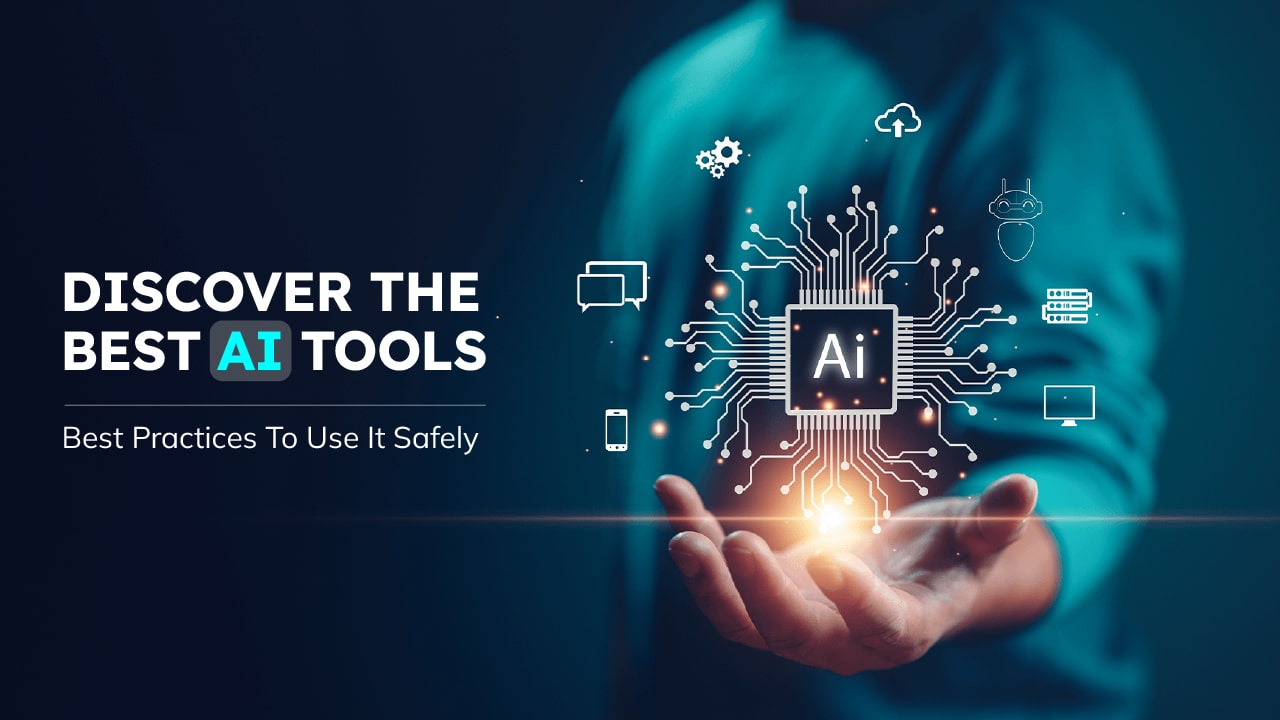As artificial intelligence (AI) continues to evolve, its impact on business productivity has reached new heights in 2024. From automating mundane tasks to enhancing decision-making processes, AI tools are becoming essential for businesses seeking to stay competitive in today’s fast-paced world. According to industry experts, AI-driven automation is now a key player in helping businesses improve their operational efficiency, reduce costs, and unlock new growth opportunities.
1. How AI Improves Business Efficiency
The use of AI tools for business productivity has skyrocketed, with companies adopting these technologies to streamline repetitive tasks and improve workflow. AI-driven solutions such as automated data entry, smart scheduling, and AI-powered chatbots are reducing the time employees spend on administrative tasks, allowing them to focus on more strategic initiatives.
For example, AI platforms like UiPath and Blue Prism are commonly used for Robotic Process Automation (RPA), enabling businesses to automate tedious processes like billing, invoicing, and data reconciliation.
2. AI Tools for Data Analysis and Insights
One of the major benefits of AI tools in the workplace is its ability to analyze vast amounts of data quickly and efficiently. AI-powered tools like Google Analytics and Power BI are revolutionizing data analysis by providing deeper insights into consumer behavior, sales trends, and market dynamics. This allows companies to make more informed, data-driven decisions in real time.
Additionally, machine learning algorithms can detect patterns in data that humans might overlook, helping businesses optimize their strategies for better results.
3. AI-Powered Project Management Tools
AI is also transforming how businesses manage projects. Tools like Monday.com and Asana are integrating AI features to predict project delays, suggest task prioritization, and automate workflow approvals. AI-driven project management tools help organizations stay on track by providing real-time insights into team performance and resource allocation.
These tools also offer AI-powered chatbots that assist with scheduling, task assignments, and updates, further improving team collaboration and communication.
4. AI in Customer Service and Support
With the growing demand for instant responses and personalized experiences, AI-powered customer service solutions have become a necessity for businesses. AI chatbots and virtual assistants like Zendesk and Freshdesk are handling customer inquiries 24/7, reducing response times and increasing overall customer satisfaction.
Through the use of Natural Language Processing (NLP), these AI tools are capable of understanding and responding to customer queries in real time, providing a seamless support experience. By automating common customer interactions, businesses can allocate human resources to more complex tasks, ultimately improving service quality.
5. Future of AI in Business
As we look to the future, the potential of AI to enhance business productivity will only grow. Experts predict that advancements in machine learning and AI-driven automation will lead to more sophisticated tools that can predict market trends, optimize supply chains, and even innovate new product offerings autonomously. The integration of AI tools for business will not only improve productivity but also drive creativity and innovation across industries.
Companies that embrace AI today will likely find themselves at a competitive advantage, as AI technologies are expected to become increasingly integral to the modern business landscape.
Conclusion: The Competitive Edge of AI in 2024
Businesses that implement AI tools in 2024 are setting themselves up for success. Whether it’s AI-driven automation, data analysis, or project management, AI is transforming the way companies operate, boosting efficiency, and helping teams achieve more in less time. As the demand for AI in business continues to grow, those who invest in the right tools now will be well-positioned for the future.
By staying ahead of these technological advancements, businesses can not only improve their operational efficiency but also innovate faster and deliver better results to their customers.


